Narrow road to the deep north
| Burma Railway. Photographed by Deror Avi. |
Flanagan's hero, Dorrigo Evans, is a philandering but brilliant surgeon, forever scarred mentally by his years on the Burma Railway of Death, trying to save lives against incredible odds and, conversely, forced to select men for almost certain death.
The novel moves fluidly between pre- and post-war Australia through a love affair, that though apparently ephemeral was one of the most important events in Evans' life, and centrally to the events surrounding his time on the Burma Railway. Flanagan was the perfect author for a novel like this. His father, to whom the book is dedicated "Prisoner San byaku san ju go" (Prisoner no. 335), was a prisoner of the Japanese in Burma.
It's a brutal, sometimes difficult, read. Flanagan tells it how it was, the viciousness and pointlessness of the Japanese POW camps. He's also not afraid to write about the pettiness and minor cruelties that some of the prisoners of war inflicted on other prisoners. But perhaps it's because of this level of honesty that the "mateship", loyalties and small acts of heroism shine through. He charts the course of the men's descent into Hell, and how they try to restore their lives post-war.
There have been many brilliant novels written about the Second World War in Europe, but few have touched on the war in the East. Only Narrow road, J.G. Ballard's Empire of the Sun, and (to a lesser extent) A town like Alice have truly tried to depict this most brutal of wars.
My father fought in India and Burma. He only ever spoke about the fun he'd had - the friends, moving trains around India, chatting to the Gurkhas. It was only very occasionally that what he really felt came out. Dad returned home in 1947, to a cold grey land where the war had been over for some time. No-one wanted to know about it, and everyone had forgotten about the Far East (that, I think is still true, I've certainly had experience of talking to someone about the war only to be told that there was no war in the Far East). Dad told me that they called themselves The Forgotten Army, and that was how he felt. He'd had friends who'd died in the prisoner of war camps in the East, and no-one seemed to care about the horrors that had been inflicted there.
Years after the war we were at the National Aerospace Museum in Washington DC, and happened upon a hall filled with World War II planes suspended from the ceiling. Dad was pointing out his favourite plane, a Hurricane, when he suddenly spotted a Zero. Great excitement, he hadn't seen one of those since he'd been divebombed during the war. Suddenly an elderly American appeared, and was listening to Dad talking about the Zero. He looked at Dad and just said "Saipan, Guam, Iwo Jima" and Dad said "Burma". That was it, a very ordinary quiet moment, but there was something between them, some comradeship, some knowledge that they had both seen and done the same things, and that because of that there was a connectedness.
The threads of life that connect shine through in Flanagan's novel, as does love, not just romantic love, but the comradeship that allowed the memory of men long dead to glow in survivors' minds. As the Second World War fades from living memory and becomes history this is a worthy memorial to the Forgotten Army, and to the Tamil, Chinese, Javanese, Malay and Burmese slave workers who also died on the railway. A moving and humbling read, a glowing love story; I don't think there's going to be much competition for my novel of the year - Richard Flanagan's novel is quite superb.
For a review of the book that inspired the title see Basho's Journey.

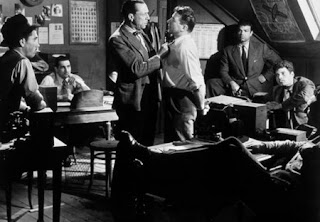
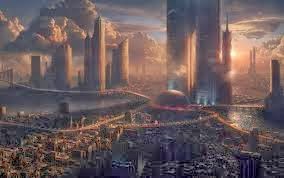

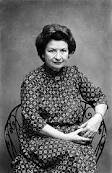
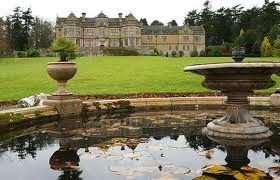
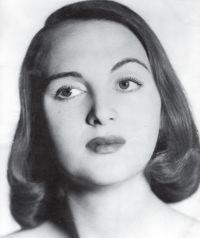
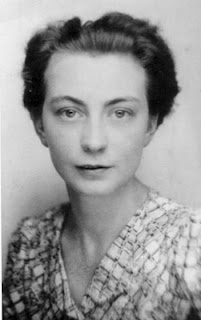

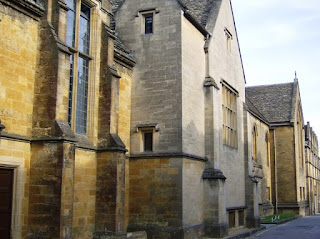
Comments